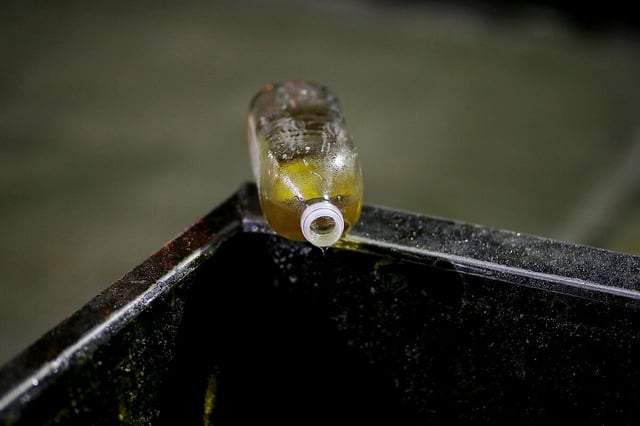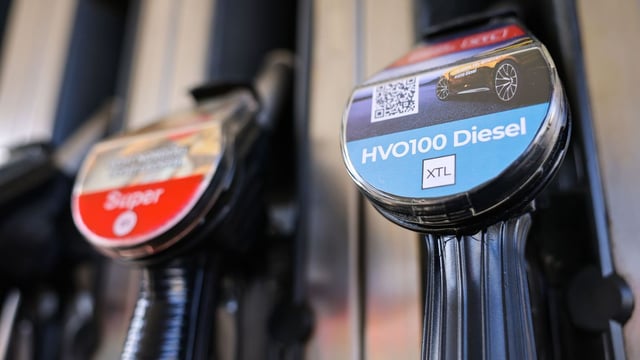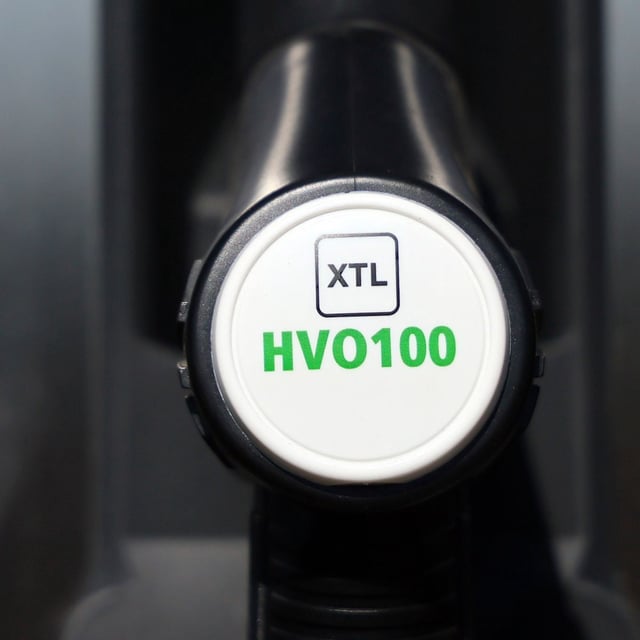Overview
- The new study contends that diverting limited waste cooking oil into HVO100 triggers substitution, often with palm oil, which can nullify claimed CO₂ savings and, in some scenarios, exceed diesel’s emissions.
- Researchers note that a large share of the waste oil used in Germany is imported from Asia, where it already serves as fuel or industrial feedstock, so replacing it can drive higher-emitting alternatives.
- Industry groups including the fuel retailers’ association bft reject the findings as speculative modeling and say expanding domestic collection and certification can secure genuine waste-based supplies.
- Environmental advocates urge restricting use in road transport and refocusing on electrification, while some experts suggest reserving limited HVO volumes for harder-to-electrify sectors such as agriculture, shipping and aviation.
- HVO100 has been sold in Germany since May 2024 at roughly 2,000 stations and is used by operators such as Deutsche Bahn, and earlier DUH-cited tailpipe tests on a single Euro‑5 car were disputed by the transport ministry.


